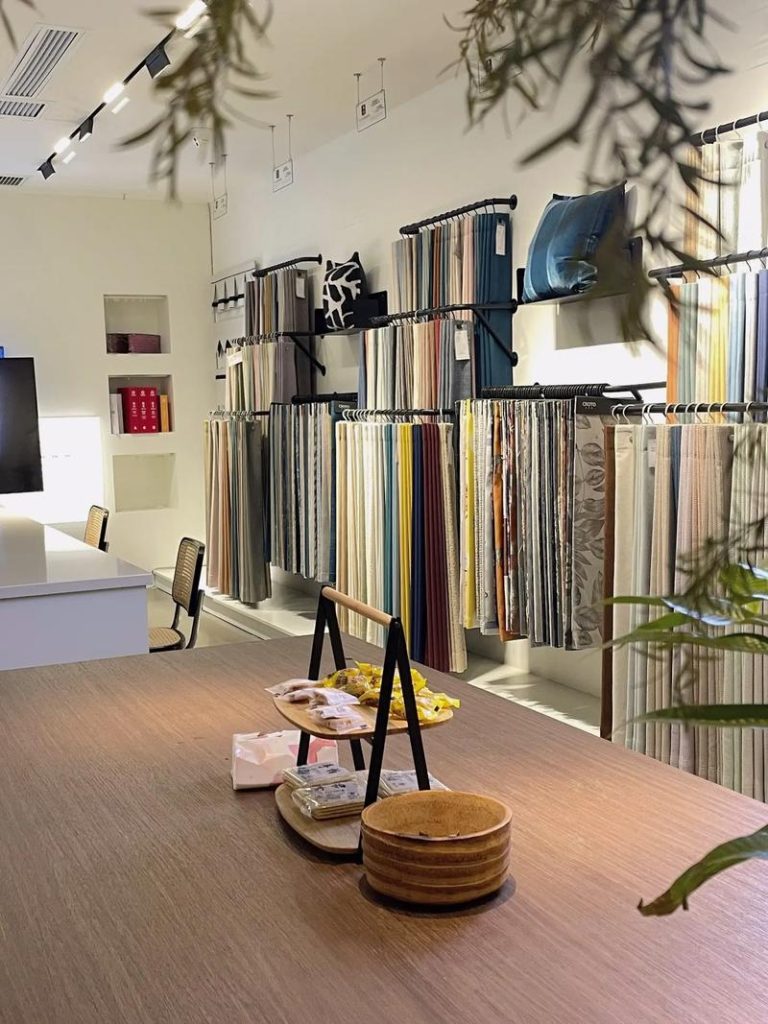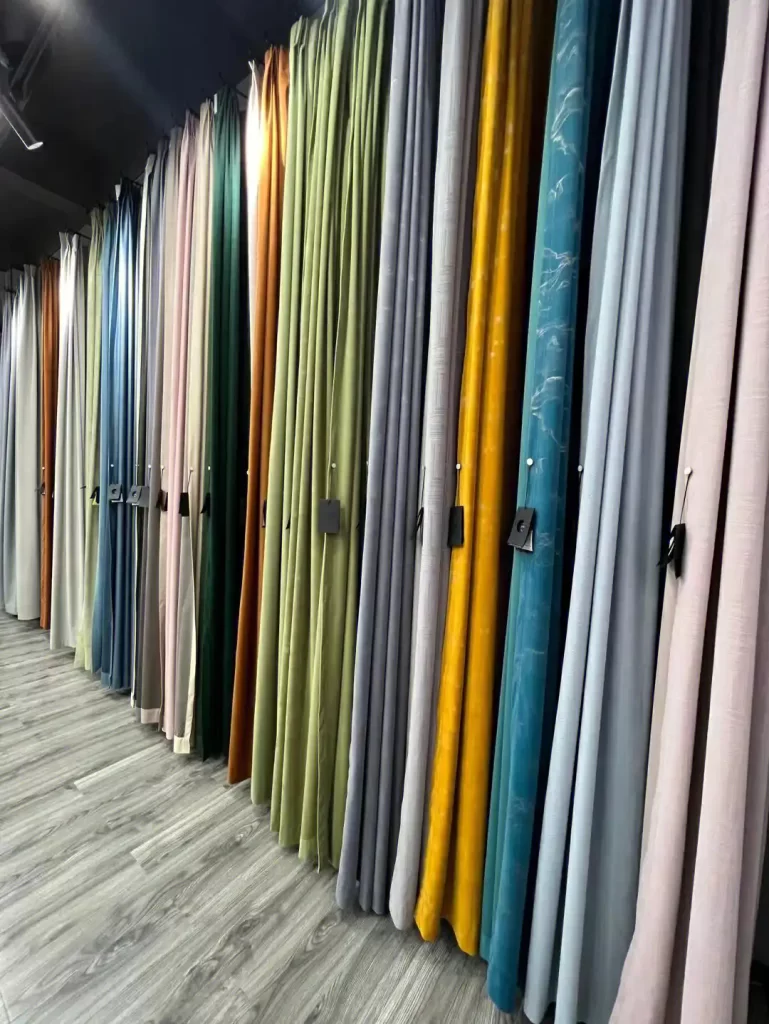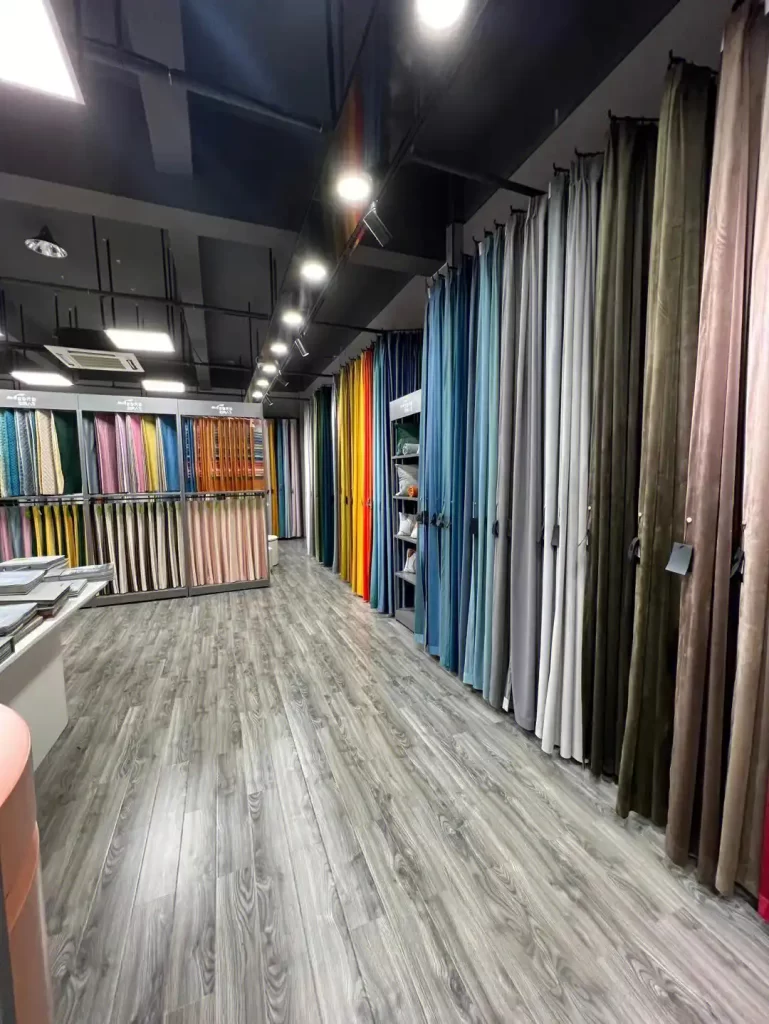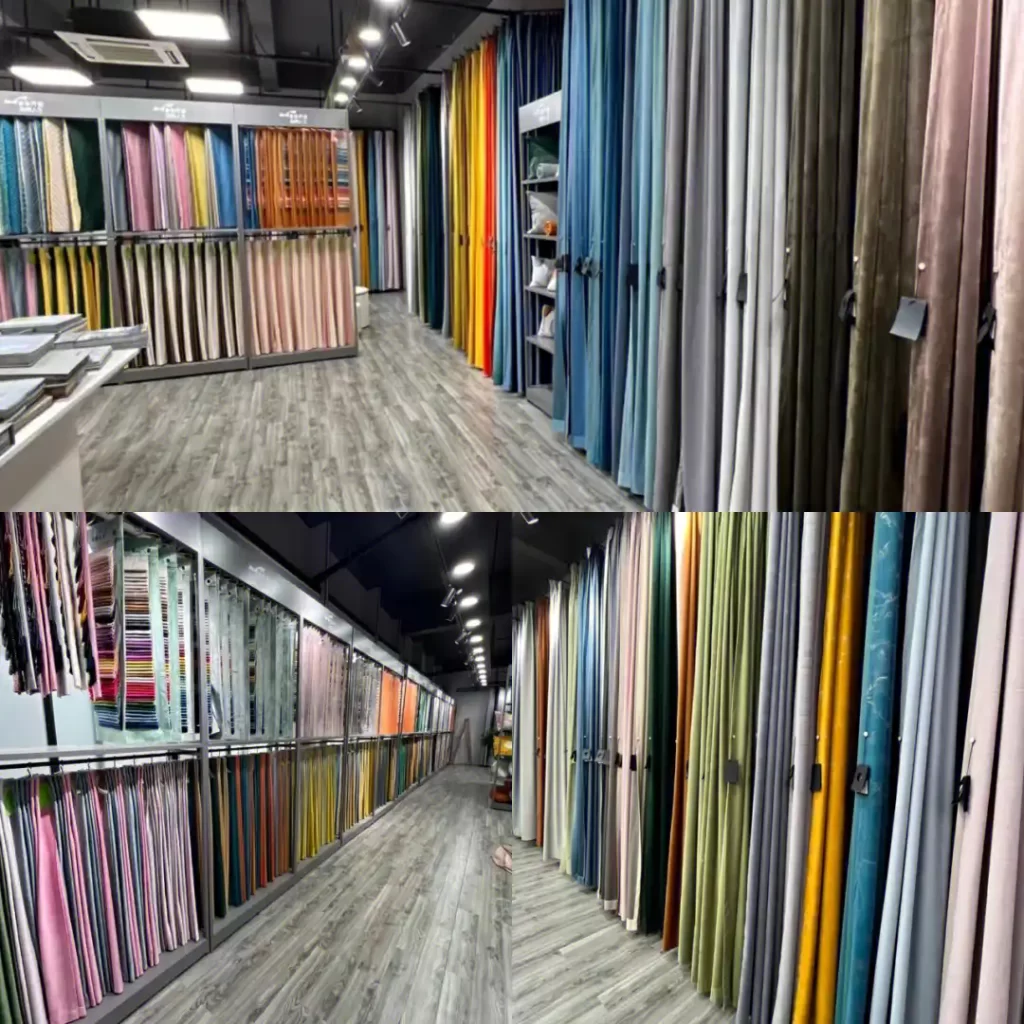



In recent years, the demand for custom curtains has significantly risen, driven by the desire for personalized home décor and the growing trend of private label products. If you’re a retailer, interior designer, or business owner looking to provide high-quality curtains under your own brand, working with a private label curtain manufacturer offers numerous benefits. This article will explore the advantages of custom curtains, the process of private label curtain manufacturing, and why it’s a smart choice for your business.
1. The Growing Popularity of Custom Curtains
Custom curtains are no longer just a luxury; they have become a key part of home and office décor. Whether for residential or commercial spaces, curtains serve both functional and aesthetic purposes. Some reasons why custom curtains are in demand include:
Perfect Fit: Custom curtains allow for a tailored fit, ensuring that they complement the unique dimensions and design of a window or space.
Variety of Materials and Designs: Customization options allow customers to choose from a wide range of fabrics, patterns, colors, and finishes to suit their interior style.
Enhanced Privacy and Light Control: Custom curtains offer greater flexibility in choosing the level of privacy and light control, important for both comfort and energy efficiency.
Unique Styling: Customers can create unique, one-of-a-kind curtain designs that match their personal style, which is something that off-the-shelf curtains may not always provide.
As people are becoming more invested in home improvement and personalization, custom curtains have become a go-to option for homeowners, architects, and interior designers.
2. Private Label Curtain Manufacturing: What It Is
Private label curtain manufacturing involves partnering with a manufacturer to produce curtains that are designed according to your specifications and branded with your company’s name or logo. The process allows businesses to offer high-quality curtains without having to invest in manufacturing equipment or facilities.
Working with a private label curtain manufacturer gives you the opportunity to create products under your own brand while benefiting from the expertise and infrastructure of an established manufacturer. Some of the key features of private label curtain manufacturing include:
Brand Control: You maintain full control over the branding, allowing you to create a product line that reflects your company’s identity and values.
Customization: You can design curtains to meet the specific needs of your target market, from fabric choices to design and function.
Quality Assurance: By working with a reputable manufacturer, you can ensure that the curtains are made with high-quality materials and craftsmanship, adhering to industry standards.
Cost Efficiency: Manufacturing curtains through a private label model eliminates the need for costly investments in production, enabling you to focus on marketing and sales.
3. The Process of Custom Curtain Manufacturing
The process of custom curtain manufacturing, particularly under a private label arrangement, involves several key steps. Here’s a step-by-step guide to help you understand what goes into creating custom curtains:
Step 1: Design and Conceptualization
The first step in the process is to determine the design and specifications of the curtains. This includes choosing:
Fabric Type: Fabrics such as cotton, linen, polyester, velvet, or silk may be chosen based on the desired look and functionality (e.g., blackout curtains, thermal curtains).
Color and Pattern: Select colors, patterns, or prints that align with your brand’s aesthetic or target audience’s preferences.
Size and Dimensions: The curtains should be designed to fit the windows or spaces they are intended for. Custom measurements ensure a perfect fit.
Step 2: Sourcing Materials
Once the design is finalized, the next step is sourcing the materials. This includes fabric, threads, lining, and hardware (e.g., curtain rods, hooks, and rings). Many manufacturers work with trusted suppliers to ensure the quality of materials used in the curtain production process.
Step 3: Manufacturing Process
The curtains are then manufactured according to the approved design. The process includes:
Cutting the Fabric: The fabric is cut into the required size based on the customer’s specifications.
Sewing and Assembly: After cutting, the fabric pieces are sewn together, and any additional elements like linings, hems, or embellishments are added.
Quality Control: The curtains undergo a quality control process to check for defects, ensuring that each piece meets the required standards before it is shipped out.
Step 4: Branding and Packaging
In private label manufacturing, the final step is adding your brand’s name or logo to the curtains. This could involve:
Labeling: Tags or labels with your company’s name or logo are sewn onto the curtains.
Packaging: The curtains are carefully folded and packaged to ensure they arrive in excellent condition, ready for sale.
Step 5: Shipping and Delivery
Once the curtains are produced and branded, they are shipped to your location or directly to your customers. Efficient shipping is important to maintain timely delivery and customer satisfaction.
4. Benefits of Working with a Private Label Curtain Manufacturer
Cost-Effective: Private label manufacturing allows you to enter the custom curtain market without the large upfront investment in manufacturing equipment or production facilities.
Flexibility: You can easily adjust your product offerings to meet changing customer preferences and trends in the market.
Focus on Marketing and Sales: By outsourcing manufacturing, you can focus your efforts on building your brand, marketing your products, and growing your customer base.
Access to Expertise: Partnering with an experienced manufacturer ensures that the curtains are produced to the highest quality standards and comply with industry regulations.
5. Conclusion
Custom curtains and private label curtain manufacturing present an excellent opportunity for businesses looking to offer high-quality, personalized window treatments. By working with a reliable manufacturer, you can create products that reflect your brand’s identity and meet the unique needs of your customers. With the growing demand for home customization, offering custom curtains under your own brand is a smart way to stand out in the competitive home décor market. Whether you’re an established retailer or just starting, investing in private label curtain manufacturing can help you build a successful product line and grow your business.
Article link:https://www.vlefooena.com/manufacturer/3238

No reply content